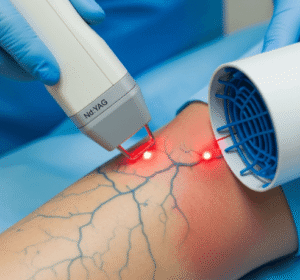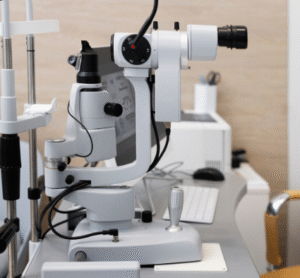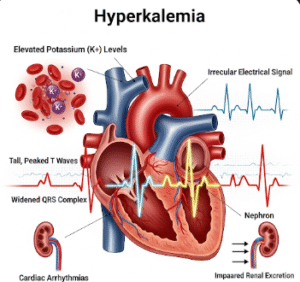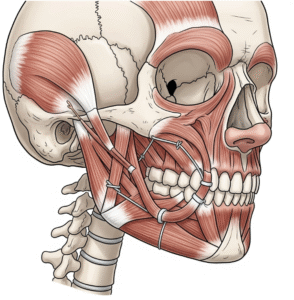Overview
Chagas disease, also known as American trypanosomiasis, is a parasitic infection caused by Trypanosoma cruzi. It primarily affects the heart and digestive system over time. While Chagas disease is rare in Korea, awareness, early diagnosis, and management are essential for travelers or immigrants from endemic areas. Korean hospitals provide diagnostic testing and specialized care for imported cases.
Symptoms
- Acute phase (may be mild or asymptomatic):
- Fever
- Swelling at the site of parasite entry (chagoma)
- Fatigue
- Rash
- Swollen lymph nodes
- Chronic phase (years later, if untreated):
- Heart rhythm abnormalities and cardiomyopathy
- Enlarged esophagus (megaesophagus) or colon (megacolon)
- Digestive disturbances, constipation, or difficulty swallowing
- Heart failure or thromboembolic events in severe cases
Causes
- Infection with Trypanosoma cruzi, transmitted mainly by triatomine bugs (“kissing bugs”)
- Blood transfusion from an infected donor
- Organ transplantation from an infected donor
- Congenital transmission from mother to fetus
- Rarely, contaminated food or drink
Risk Factors
- Travel or residence in endemic regions of Latin America
- Blood transfusion or organ transplantation from infected individuals
- Congenital exposure (children born to infected mothers)
- Immunocompromised status, which can worsen disease progression
Diagnosis
In Korea, diagnosis may involve:
- Blood tests to detect T. cruzi antibodies
- PCR testing for parasite DNA
- Electrocardiogram (ECG) and echocardiography for cardiac involvement
- Imaging studies to assess gastrointestinal complications
- Patient history including travel or origin from endemic regions
Prevention
- Avoiding travel-related exposure in endemic areas
- Screening blood and organ donations
- Maternal screening to prevent congenital transmission
- Food safety and hygiene when consuming imported products
- Awareness campaigns for travelers to endemic regions
Treatment Options in Korea
- Medical Management
- Antiparasitic medications: benznidazole or nifurtimox for acute or early chronic infection
- Symptom management for cardiac or gastrointestinal complications
- Regular monitoring for heart function and digestive health
- Cardiac Care
- Treatment of arrhythmias or heart failure with medications, pacemakers, or defibrillators
- Specialized cardiology follow-up in Korean hospitals
- Gastrointestinal Care
- Surgical interventions for severe megacolon or megaesophagus
- Nutritional support and symptom management
- Follow-Up and Supportive Care
- Long-term monitoring for chronic disease progression
- Multidisciplinary care in advanced Korean medical centers













